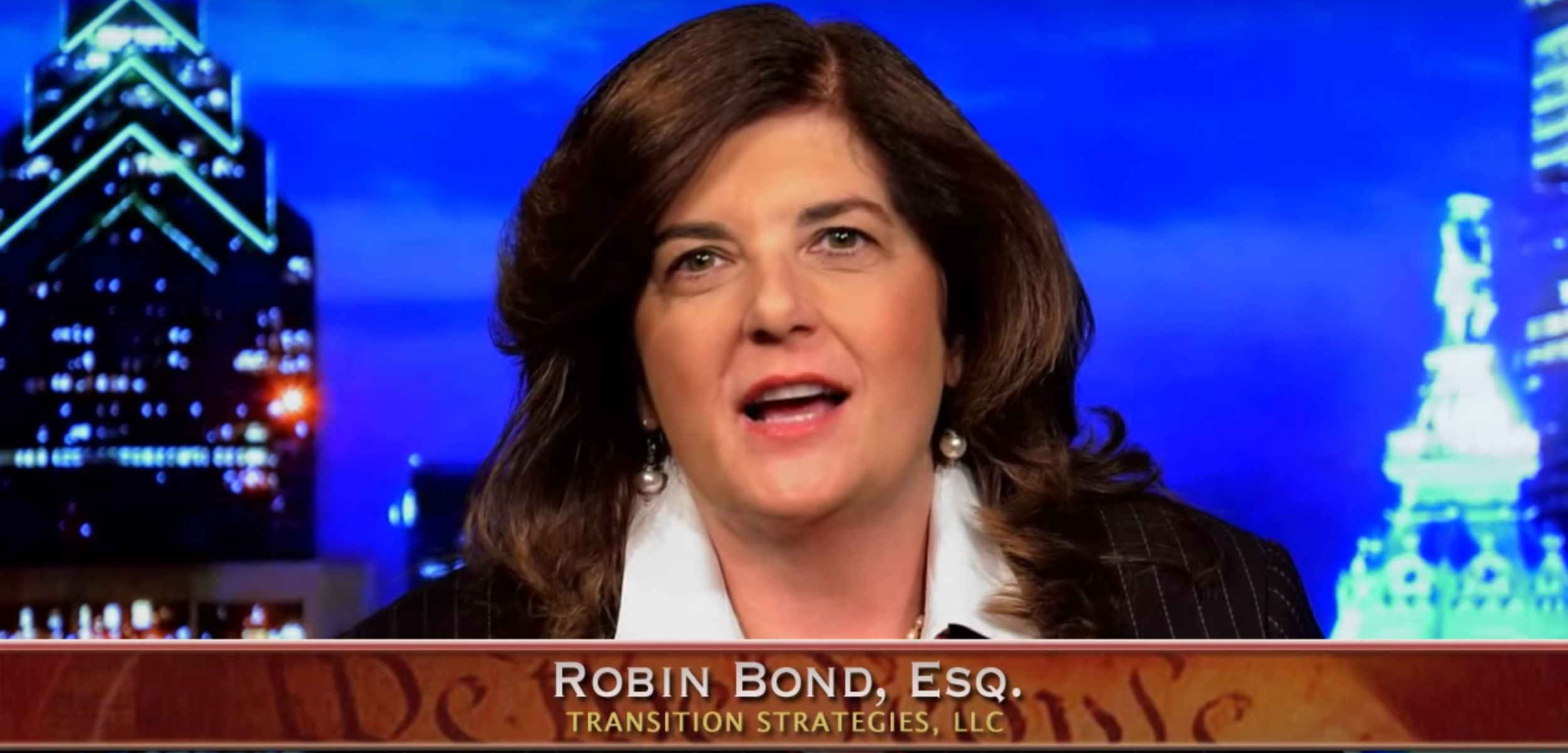U.S. Supreme Court Holds Civil Rights Laws Protect LGBTQ+ Workers from Employment Discrimination
In a landmark ruling on June 15, 2020, the U.S. Supreme Court held that Title VII of the Civil Rights Act of 1964, which makes it illegal for employers to discriminate because of a person's sex, also covers sexual orientation. Thus, an employer who fires an individual merely for being gay or transgender violates Title VII. The decision is Bostock v. Clayton County, Georgia, 590 U.S. ___ (2020).
The court heard three appeals as part of this decision, each of which started the same way: An employer fired a long-time employee shortly after the employee revealed that he or she was homosexual or transgender—and allegedly for no reason other than the employee’s homosexuality or transgender status.
All 3 cases were previously discussed in other Transition Strategies, LLC newsletters: Gerald Lynn Bostock v. Clayton County, Georgia (11th Circuit), Altitude Express, Inc., et al. v. Melissa Zarda and William Allen Moore, (2nd Circuit) and R.G. & G.R. Harris Funeral Homes, Inc. v. Equal Employment Opportunity Commission (6th Circuit). Mr. Bostock’s sexual orientation and participation in a gay softball league led to him being fired for conduct “unbecoming” a county employee. Donald Zarda worked as a skydiving instructor at Altitude Express in New York. After several seasons with the company, Mr. Zarda mentioned that he was gay and, days later, was fired. Aimee Stephens worked at R. G. & G. R. Harris Funeral Homes in Garden City, Michigan. When she got the job, Ms. Stephens presented as a male. But two years into her service with the company, she began treatment for gender dysphoria. In her sixth year with the company, Ms. Stephens wrote a letter to her employer explaining that she planned to “live and work full-time as a woman” after she returned from an upcoming vacation. The funeral home fired her before she left, telling her “this is not going to work out.” Each of these three employees brought suit under Title VII alleging unlawful discrimination on the basis of sex.
Writing for the 6-3 majority, Justice Neil Gorsuch said, “In Title VII, of the Civil Rights Act of 1964, Congress outlawed discrimination in the workplace on the basis of race, color, religion, sex, or national origin. Today, we must decide whether an employer can fire someone simply for being homosexual or transgender. The answer is clear. An employer who fires an individual for being homosexual or transgender fires that person for traits or actions it would not have questioned in members of a different sex. Sex plays a necessary and undisguisable role in the decision, exactly what Title VII forbids….When the express terms of a statute give us one answer and extra-textual considerations suggest another, it’s no contest. Only the written word is the law, and all persons are entitled to its benefit.”
Gorsuch clarified, “When an employer fires an employee because she is homosexual or transgender, two causal factors may be in play— both the individual’s sex and something else (the sex to which the individual is attracted or with which the individual identifies). But Title VII doesn’t care. If an employer would not have discharged an employee but for that individual’s sex, the statute’s causation standard is met, and liability may attach.”
The court made it clear that it is irrelevant what an employer might call its discriminatory practice, how others might label it, or what else might motivate it. “Labels, intentions and motivations will not make a difference. When an employer fires an employee for being homosexual or transgender, it necessarily intentionally discriminates against that individual in part because of sex. And, the employee’s sex need not be the sole or primary cause of the employer’s adverse action. Even if an employer can point to some other non-protected trait - and insists that the non-protected trait was the more important factor in the adverse employment outcome - it is of no significance if another factor, such as the plaintiff’s attraction to the same sex or presentation as a different sex from the one assigned at birth, might also be at work, or even play a more important role in the employer’s decision. Finally, an employer cannot escape liability by demonstrating that it treats males and females comparably as groups. An employer who intentionally fires a homosexual or transgender employee in part because of that individual’s sex violates the law even if the employer is willing to subject all male and female homosexual or transgender employees to the same rule. “ 590 U. S. ____ at 18-19 (2020).
This important decision provides a federal cause of action for any LGBTQ+ individual who is denied a job, or treated adversely on the job, due to his/her sexual orientation, and is a common-sense application of existing civil rights laws.

